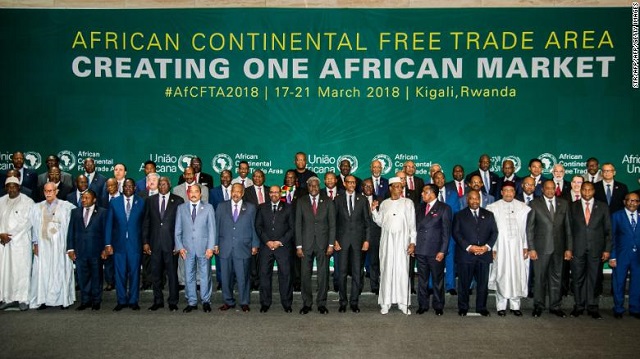Peace and Reconciliation Commission decentralises
Auxilia Katongomara, Chronicle Reporter
THE National Peace and Reconciliation Commission (NPRC) will soon decentralice its operations and embark on nationwide public hearings, its chairperson, Justice Selo Masole Nare, has said.
The Commission has in the past months held stakeholder consultative meetings across the country.
In an exclusive interview, Justice Nare, who was sworn in by President Emmerson Mnangagwa earlier this month, said after the initial consultations, they realised that more still needs to be done hence the decision to decentralise and hold public hearings.
“Our introductory message to the people is come forward, we are here with you; let’s dialogue and then we create space at that time. One must appreciate that the people are still bleeding from inside from the past happenings and we appreciate that. Hence the idea to say let’s have an office in Bulawayo where somebody coming from Khami can come in and be able to talk to us because the public can be intimidating at times,” said Justice Nare, a retired Labour Court judge.
“One of the key aspects also is to decentralise and have offices in the provinces to ensure that the public has access to those offices. We are on that mission, that’s why I came in because we are looking for offices. So in a couple of weeks we will be having an office here in Bulawayo then we further cascade down to administrative districts.”
On the Mthwakazi Republican Party activists and others who have been disrupting NPRC programmes, Justice Nare said they were concerned about the disturbances, hence they were engaging the groups as they were causing unnecessary delays.
He said they will also engage chiefs and Provincial Affairs Ministers on how they can reach more people before conducting public hearings in the next two or three weeks.
“We recognised as a commission that we left a lot of gaps. The way to deal with it is we have to go through the chiefs so that they can cascade this information to the villages. The past week we have been trying to find out when we can have these visits, when we can go out and talk to the people,” said Justice Nare.
“We do believe that if we meet the chiefs they will cascade that information to kraal heads among others so that we can get their complaints. Where there is a matter that we have to look into, we will gladly revisit that place and go and talk to the people.”
He said the Commission was people- centred and would get people’s views.
“The suggestions are derived from the people, the complaints must be received from the people, solutions from the people then we package everything and take it to the powers that be for their digestion and other business,” Justice Nare said.
The NPRC chairperson said failure to acquire birth certificates by some people as a result of the deaths of their parents during conflict is one of the matters that they will handle.
Justice Nare pointed out that the Commission’s work was not to deal only with the post-independence disturbances but any conflict across the country.
Commissioner Leslie Ncube said Justice Nare had directed the Commission to move to the districts to gather people’s views.
“Zimbabwe has gone through various epochs of conflict. If we do our conflict mapping right from the liberation struggle, there were divisions in Zanu, Zanla, Zipra, assassinations after independence, Gukurahundi, Entumbane issues, Murambatsvina, 2000 elections violence, farm invasions and so on.
Zimbabwe needs healing and it actually takes everyone, it needs a holistic approach and it is everyone’s obligation,” said Comm Ncube.
@AuxiliaK







Comments